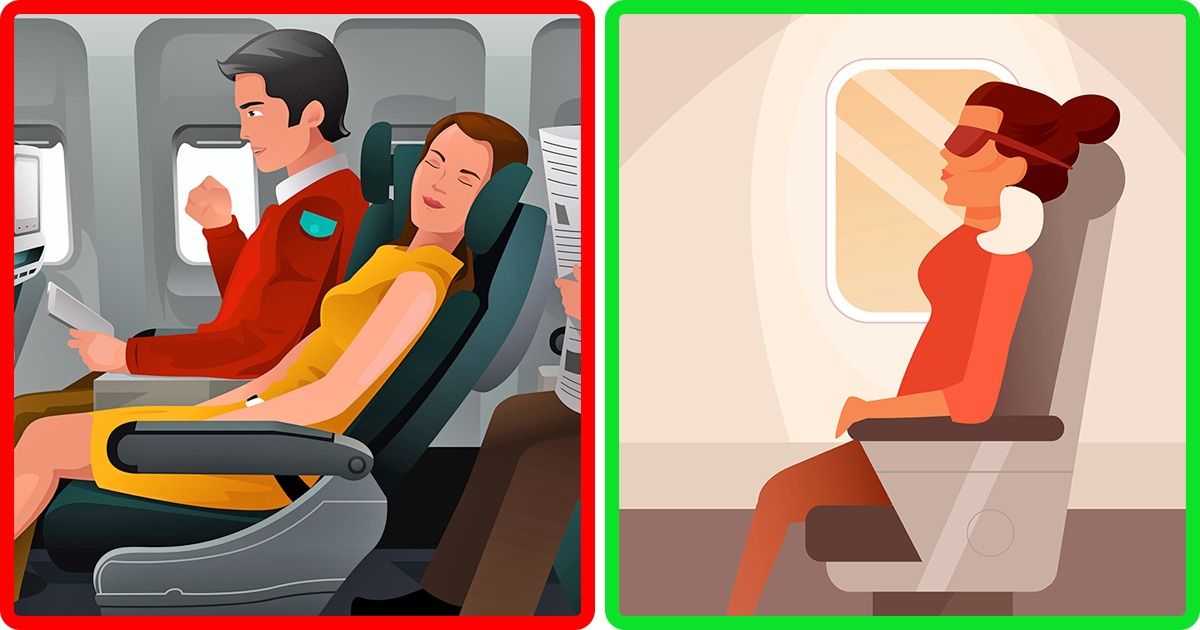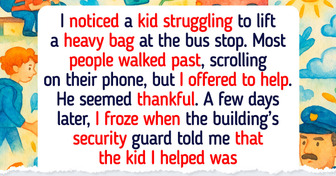basically, keep your hands/feet/belongings to yourself and use common sense
-
-
Reply

Each child is taught basic manners: to give way to older people, to not make noise, and to respect other people’s space. But many, having matured, seem to have completely forgotten the rules of behavior on public transport. They won’t be fined or sued for these violations but their punishment will come in the form of a reproachful look or a fellow passenger’s angry remark.
Bright Side prepared a compilation of etiquette rules for public transportation. Check it out and see if you’ve violated any of them.
Which rules of etiquette are most often violated in your experience? How do you react to them: do you say something or prefer not to say anything?
basically, keep your hands/feet/belongings to yourself and use common sense











